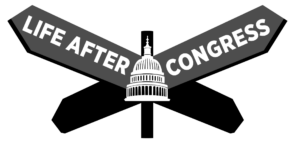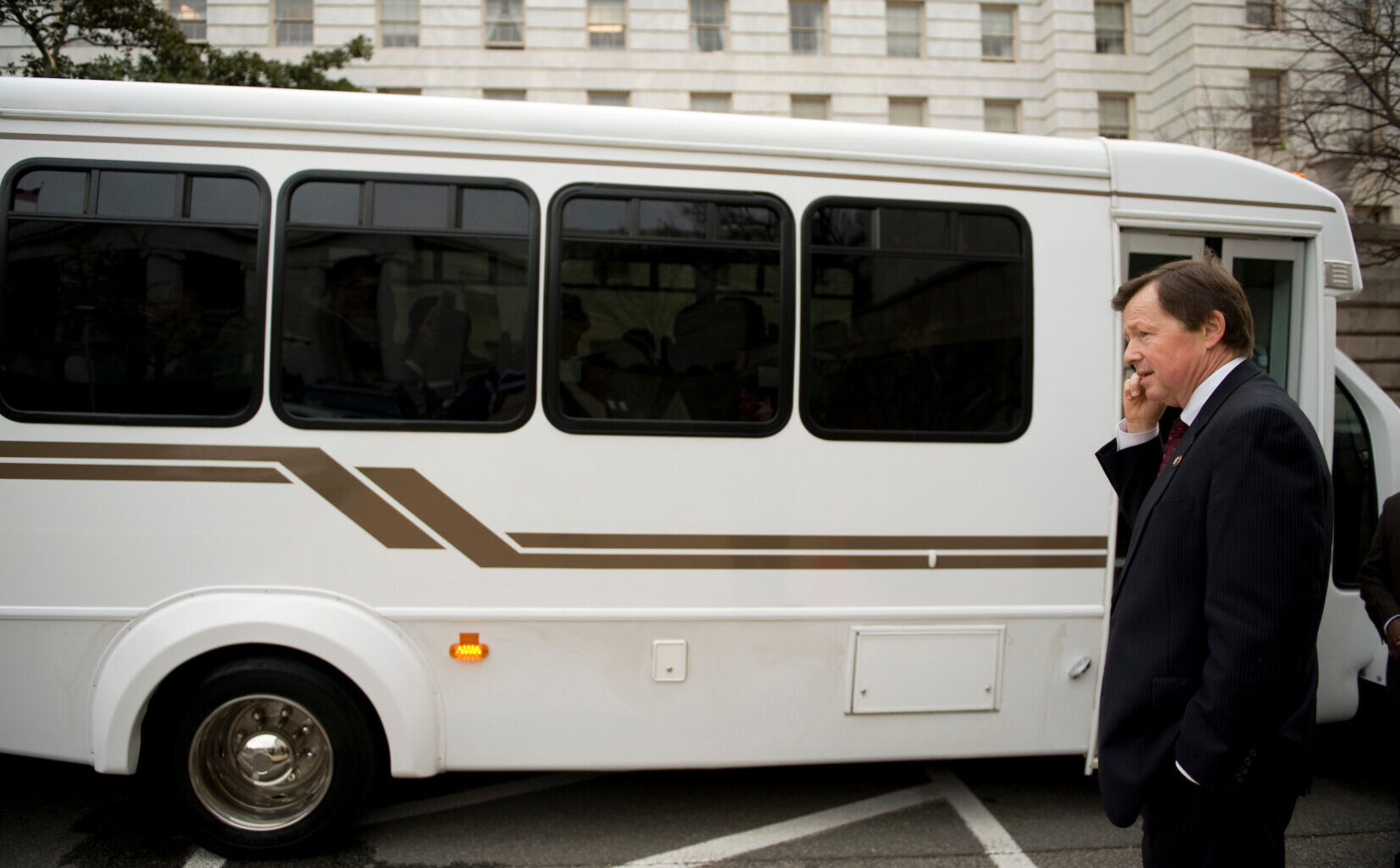
This is part of a recurring series on what former members of Congress are doing in their post-congressional careers.
On the night that the House passed the Affordable Care Act in March 2010, Democratic Rep. Earl Pomeroy, then the lone House member from North Dakota, was escorted by his staff to the House floor, where he cast the 218th out of 219 votes to pass the bill.
There was glee among Democrats that night, but Pomeroy saw the writing on the wall. He understood that his future was “probably going to change as a result,” he said.
It did. That November, Pomeroy was one of 63 Democrats who lost their seats because of his support for the 2010 health care law, sometimes known as Obamacare.
But 15 years later, he regrets nothing.
“Being in Congress is not about tenure,” said Pomeroy, 73. “It’s about moving public policy. And if, while you’re there, you get a chance to be part of a big public policy initiative for which you have strong feelings, well, that’s the greatest experience, greatest professional experience ever.”
Pomeroy, who came to Congress in 1993, is mostly retired now. He splits his time between North Dakota, Florida and Washington, though he acknowledges the time spent in D.C. is becoming more scant.
He joined the law firm Alston & Bird as senior counsel and a registered lobbyist after leaving the House in 2011, and he retired from that job at the end of 2024. Pomeroy continues to represent a single client, Allsup Inc., a privately held company that assists people applying for Social Security Disability benefits and those capable and interested in returning to work.
“What’s not to love?” he says.
It’s a logical career arc for Pomeroy, who served as North Dakota state insurance commissioner from 1985 through 1992 and who also served as president of the National Association of State Insurance Commissioners.
“I learned that there were two reasons people didn’t have coverage: They were sick and couldn’t get medically underwritten, or, even more prevalent, they couldn’t afford it,” he said. “So at its essence, the Affordable Care Act created a way to get people with health conditions covered, preexisting conditions taken care of.”
But until Congress later expanded health care subsidies during the COVID-19 pandemic, the law was less effective at helping modest-income households afford health care. “There was a tier of modest-earning households, a big tier that didn’t receive help from this,” he said.
It was that group, he said, that was most outraged by his vote.
Pomeroy paid the price. By the time the 2010 general election rolled around, he had only had time to write one Election Night speech. He chose to write the concession speech. “I kind of knew how this was going,” he said.
“It wasn’t personal,” he said. “We passed a very big bill, and I’m told millions were spent telling people this bill is going to hurt your health care, your family’s health care. And of course, all that was not true, but that took a while to sort out.”
After he lost, he had a decision to make.
“I had an opportunity to run a small insurance company in North Dakota. I had an opportunity to work for one of several law firms in Washington, D.C.,” he said. “I decided to stay in Washington, D.C., for the reason that I really like the legislative process. I’d been doing it for 18 years. I knew some things.”
He joined Alston & Bird. One of his closest colleagues was former Sen. Bob Dole of Kansas, a Republican.
At the firm, Pomeroy abided by a few basic rules.
Rule No. 1: Don’t lobby for something you don’t believe in, he said.
“The public policy issues that I worked on, I aligned with 100 percent,” he said. “I would have never cast a vote differently than something that I was advocating.”
Rule No. 2: Hang up the partisan jersey.
“I could play politics as hard as anybody,” he said, “but I have very close friends and working associates, people I respect deeply that are Republican. … In this post-partisan environment, you’ll find a door opens to a whole new group of friends that you couldn’t be too close to before because you were clobbering each other.”
But that’s outside of the Capitol. Under the Dome, he acknowledges, it’s tougher.
“People say to me, ‘Boy, you wouldn’t like it now,’ And from what I’m seeing on the news, I tend to think, yeah, this really is, it’s awful,” he said.
“We’re trying to find a path forward for a very diverse nation,” he said. “It’s always going to be rough and tumble. Always has been, and always will be. But we’re kind of in unprecedented times.”
He said he’s concerned about the separation of powers, the continuing growth of the executive branch and the lockstep partisanship driving parties either far right or farl eft.
He acknowledges that he’s a rare breed. As gerrymandering has grown, moderates like him have become more of an anomaly.
“When you run in a swing seat like I did, you have to find ways to reach across the aisle,” he said. “You have to appeal to voters in the middle, a broad, a broad segment. I couldn’t win with just Democrats. I needed Republicans to vote for me.
“And they did. Until they didn’t,” he said.
But 15 years after leaving Congress, Pomeroy still holds out hope that the center will hold.
“I’ve just had a lot of confidence throughout my career in the common sense of the voter,” he said.

